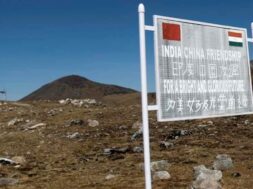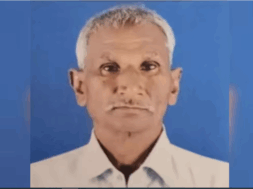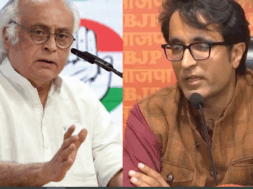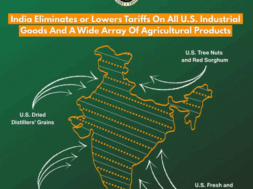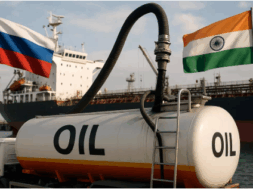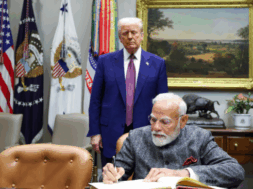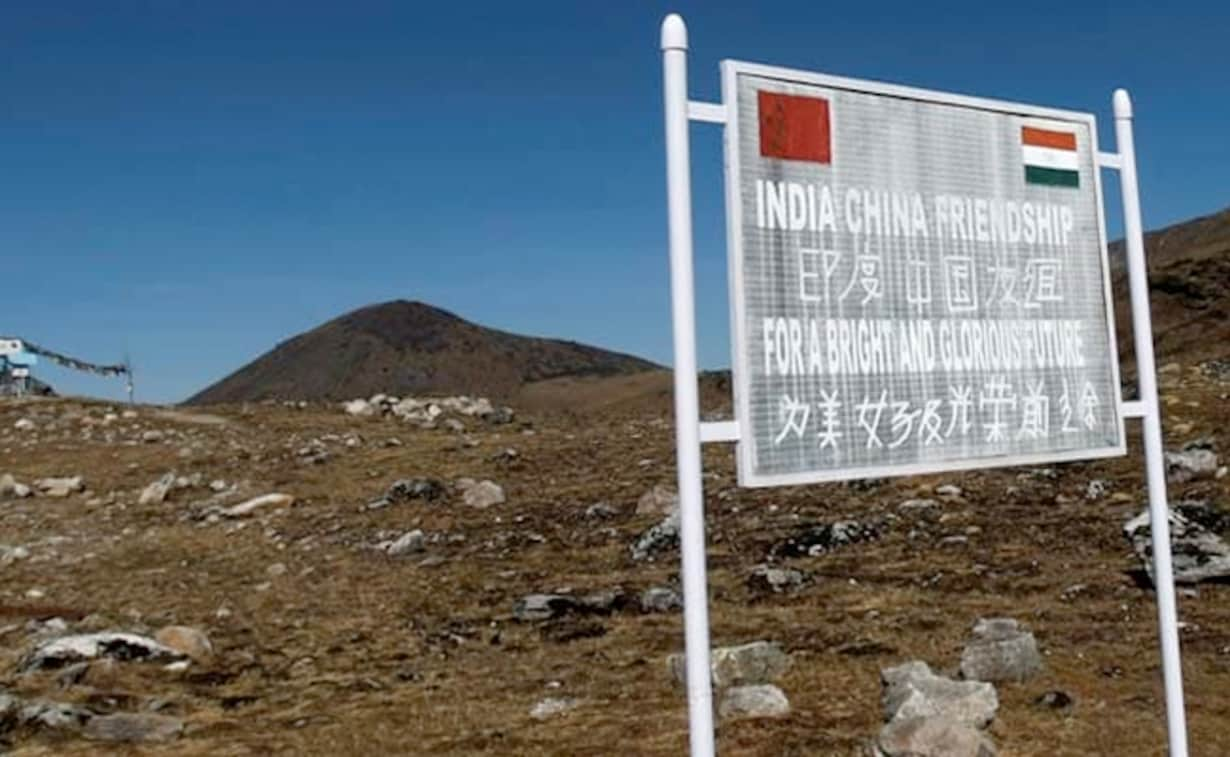
China to “Rename” 11 Places in Arunachal in Their “Own Territory”
NEW DELHI, Apr 3: In repetition of what it did twice earlier, China in its latest attempt to lay claim to areas inside the Indian territory, has announced its move to “standardise” the names of 11 places in Arunachal Pradesh.
Releasing a list of the 11 places on Sunday along with a map that shows parts of Arunachal Pradesh as inside the southern Tibetan region that China refers to as Zangnan, the Chinese Ministry of Civil Affairs even included a town close to the Arunachal Pradesh capital of Itanagar.
This is Beijing’s third such list on Arunachal Pradesh, attempting to “rename” places by giving them what it calls “standardised geographical names”. In 2017, the Chinese Ministry of Civilian Affairs put out a similar list of six places, and in December 2021, had released a list of 15 places it sought to “rename.”
The “notification” dated April 2 (No. 548) said, “according to the relevant provisions of the State Council on the management of geographical names, [China’s Ministry of Civil Affairs], together with relevant departments, has standardised some geographical names in southern Tibet. The third batch of supplementary place names for public use in southern Tibet (11 in total) is now officially announced.”
The 11 places named include five mountain peaks, two more populated areas, two land areas and two rivers. The claimed geographical area has always been controlled and administered by India. An appended list released by China included names in Mandarin, Tibetan, Pinyin (English transliteration) of the 11 places along with exact Latitude and Longitude coordinates. A map that is also part of the announcement shows much of Arunachal Pradesh marked as Zangnan, in the south of the Tibetan Autonomous Region, that China calls Xizang.
The Ministry of External Affairs didn’t respond to requests for a comment on the announcement from Beijing, but has rejected similar renaming and standardisation attempts in the past. “Arunachal Pradesh has always been, and will always be an integral part of India. Assigning invented names to places in Arunachal Pradesh does not alter this fact,” spokesperson Arindam Bagchi had said in 2021. In 2017 and 2021, the Chinese Foreign Ministry had stated that China’s territorial claims in the so-called “Zangnan region” had a “historical and administrative basis.”
Sources in the security establishment termed the renaming of disputed locations “an attempt to bolster Chinese territorial claims and to create or alter evidence to support their claims in case of any sovereignty disagreements in any international court.” Another source said the repeated renaming would have “no bearing” on the ground situation. Sources also pointed that apart from Arunachal Pradesh, Beijing has done exactly the same in the South China Sea and East China Sea.
While the publication of the first list had come in the same year as the confrontation between Indian and Chinese troops in Doklam, the second list and the latest one come after the LAC stand-off between the Indian Army and PLA forces began in April 2020. Despite several rounds of official talks and military commander-level talks that have led to disengagement in certain sectors after the Galwan killings in 2020, there have been reports of Chinese attempts at transgressing the boundaries.
In December 2022, Defence Minister Rajnath Singh announced in Parliament that Chinese PLA soldiers and Indian Army soldiers had been in a physical scuffle after PLA soldiers attempted to capture a post in Yangtse of the Tawang Sector but had been successfully pushed back to their side of the Line of Actual Control (LAC).
The latest announcement comes ahead of a visit to India this month by China’s newly appointed Defence Minister General Li Shangfu, who is expected to attend the SCO Defence Ministers’ meetings, and a visit by Chinese Foreign Minister Qin Gang, who will attend the SCO Foreign Ministers’ meeting in May.
In recent years, and especially since the 2020 stand-off in eastern Ladakh, India has significantly upgraded firepower along the LAC in Arunachal Pradesh and ramped up infrastructure in forward areas in the region, particularly the Tawang sector. Massive infrastructure upgrade is currently under way in eastern Arunachal.
(Manas Dasgupta)
